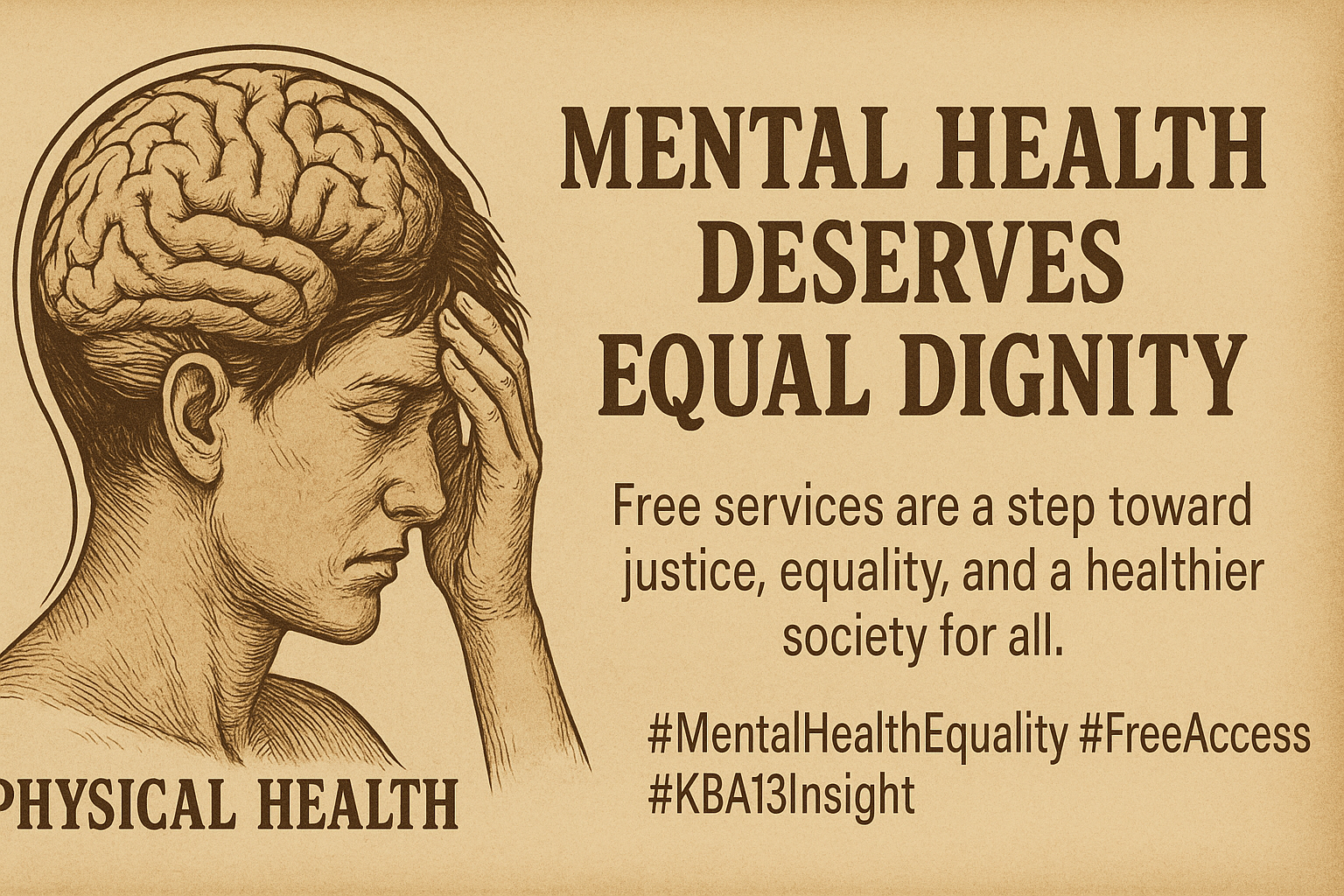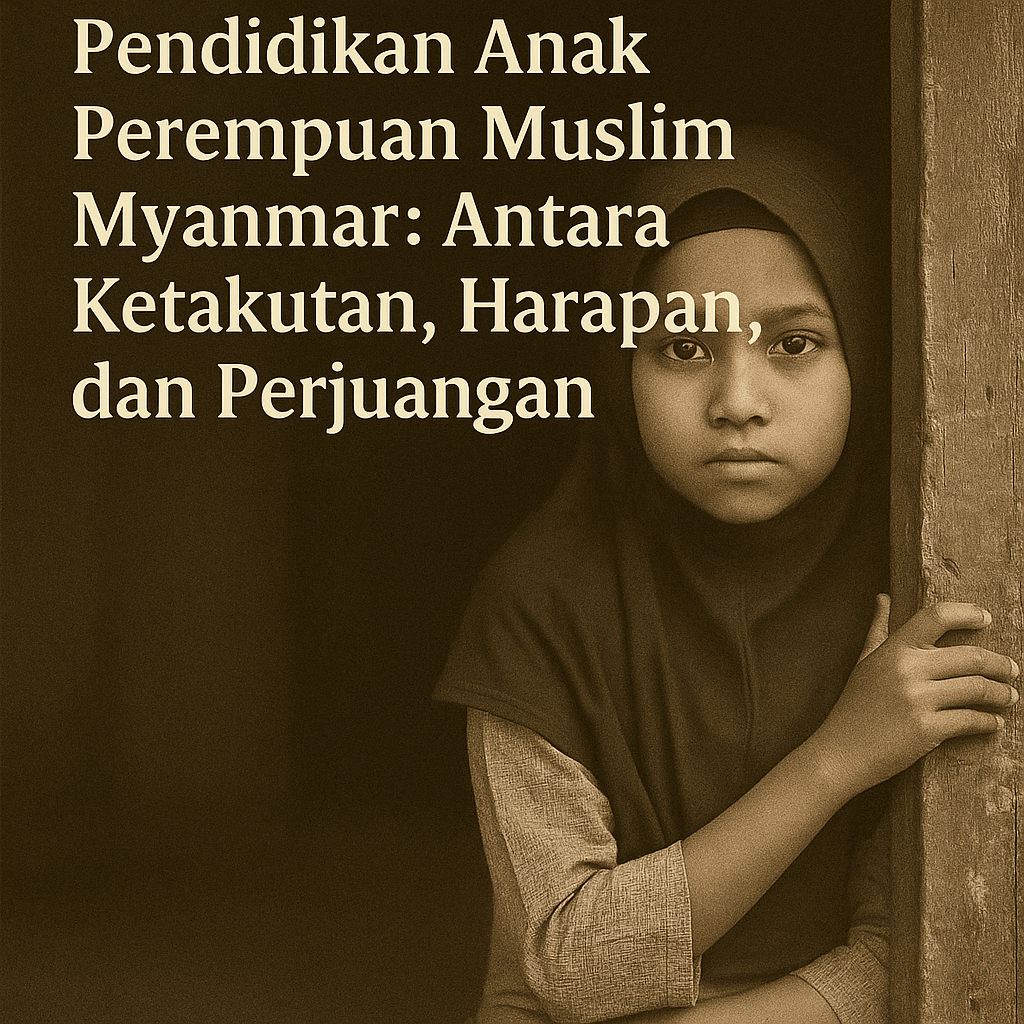Have you ever thought about what would happen if most people only cared about their physical issues and ignored their mental health? If such a situation were allowed to drag on, various mental problems would emerge among people, which would worsen both the physical and psychological condition of a person and consequently result in a significant decrease in their quality of life.
Meanwhile, this situation can become a reality not due to people’s indifference towards their mental well-being, but rather as a consequence of poverty. Despite some people believing that providing mental health services at no cost may be misused, I firmly believe that mental health services must be free because physical and psychological health are basic needs and human rights. Regardless of their financial status, people should have access to mental health services and awareness.
The waiver of the cost of psychological services is crucial, as it addresses the financial circumstances of numerous individuals. Although all people will be affected by the economic costs of mental health services, the middle- and lower-class parts of society will suffer more and be deprived of them. To illustrate, if we compare two families with different socioeconomic levels, one has an established economy that enables them to provide various needs and facilities. In contrast, the other family struggles with low economic conditions, making it difficult for them to provide basic needs.
The second family cannot afford any mental health services, while they are way more accessible for the first family. Specifically, only 16% of individuals in the world are in high-income countries, where they can afford services regardless of the budget they have to spend; the remaining 84% of individuals are from low-income countries with limited budgets, making mental health less accessible and needing further attention (Knapp, Funk, Curran, Prince, Grigg & McDaid, 2006).
Reducing mental health service costs is crucial due to the importance of healthcare equality. According to the United Nations (UN, 2018), health is a fundamental right that encompasses not only the absence of diseases but also mental well-being. Mental health services are intended to be provided to all individuals, regardless of age, race, or socioeconomic status.
Balanced mental health can be interpreted as reducing inequality in social stigma related to cognitive issues; such an interpretation implies that psychological health is as vital as bodily health. This is intended to overcome the gap in getting the mental care needed by all social groups as an effort to create a conducive and mentally healthy environment where all people have the same access to psychological support services.
While many people may argue that making mental health services available without conditions or costs could lead to unnecessary usage, I believe the solution lies in increasing general awareness and knowledge about mental health issues. This way, individuals can make informed decisions about whether they need these services, as service abuse often stems from a lack of information regarding when it is appropriate to seek help, rather than from the cost or availability of the services. Mental health literacy, which involves recognizing, understanding, and utilizing information to maintain better health, leads to informed decisions about receiving relevant services (Srivastava, Chatterjee, & Bhat, 2016).
To conclude, accommodating psychological health services at no cost is important because mental health cannot be separated from human life. This ensures that all levels of society have equal access to welfare services, regardless of their social status or financial situation.
Nevertheless, ordinary human beings who also need mental services make an effort to be aware that the emotional problems they face have solutions and can be resolved free of charge. With these efforts, people will be adequately aware of the mental issues they face in the future, which can increase their interest in attending consultation services with mental health experts to obtain better psychological health.
Qatrin S. Shatilla is a student at the Asian University for Women, Chittagong, Bangladesh.





Congratulation Qatrin. This is a very useful ideas to share to many people in Aceh and in the world. You are a representative of your father in writing. A bunch of love from me.
Terima Kasih Bu Prof. Salami atas doanya kepada Qatrin.